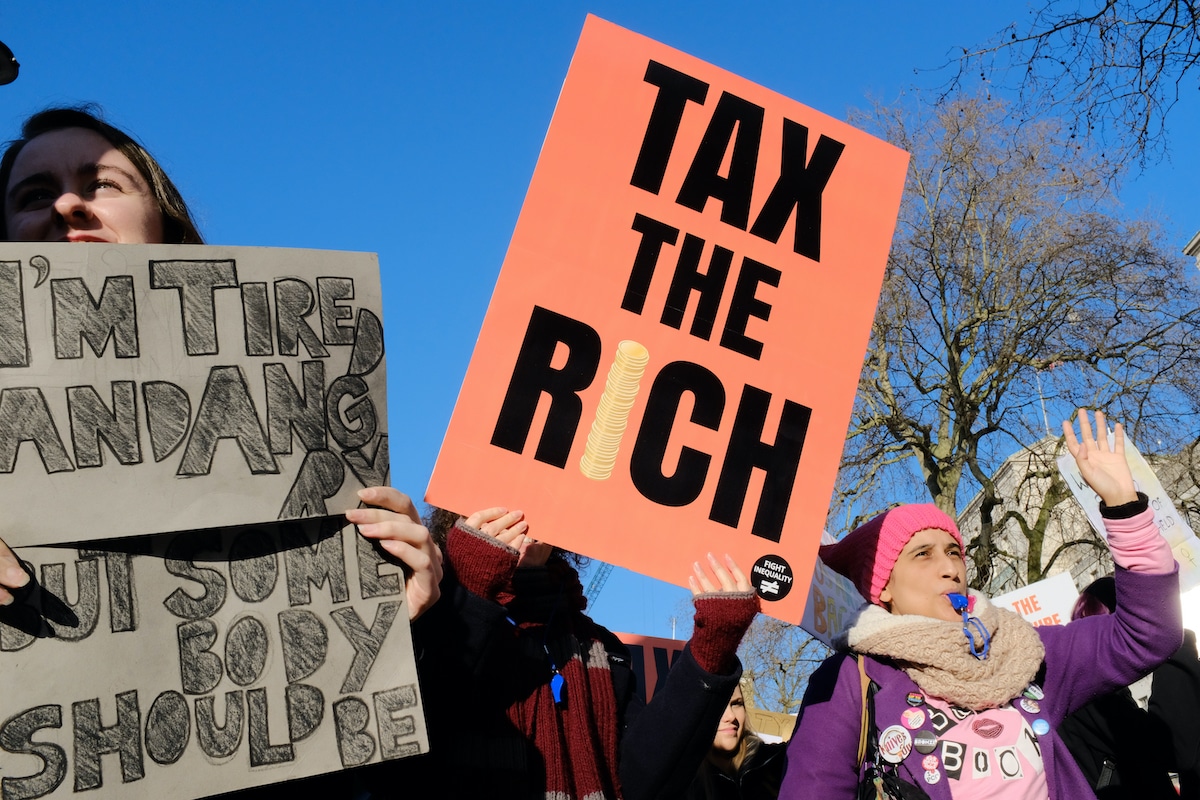We’re in an election year, and whilst the outcome is largely expected to be a foregone conclusion, you can never be surprised in politics. Here’s an analysis of the economic problems facing the next government.
Highest National Debt Since the 1960s

A combination of the bank bailout following the credit crunch, a large budget deficit for several years in the aftermath, and huge borrowing during the pandemic has led us to the highest national debt since the 60s.
Debt Not an Issue – If You Have Growth
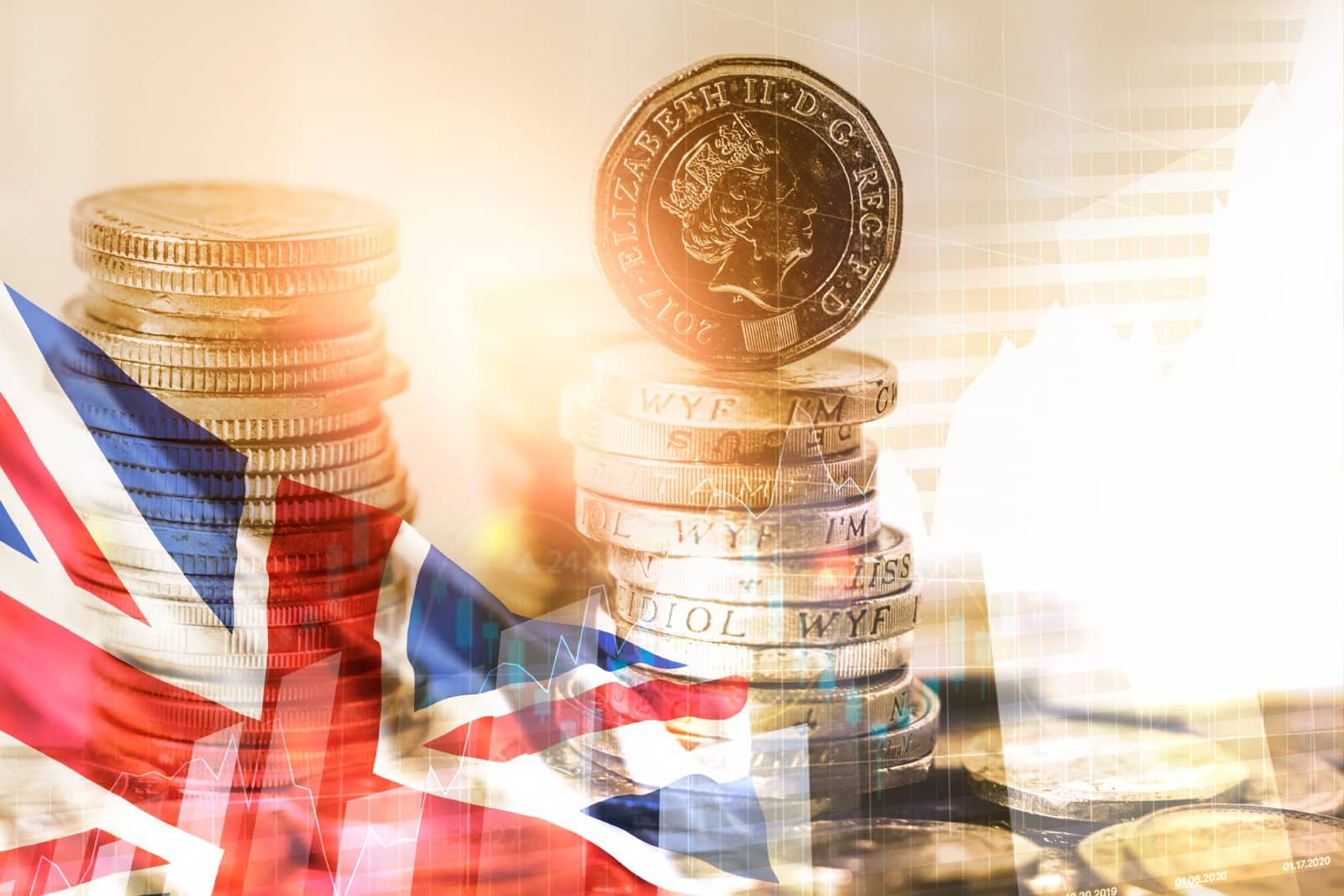
National debt isn’t as bad as it sounds as long as your economy is growing. This means that as a percentage of GDP, it gets smaller over time. The problem is that we’ve got slow/no growth.
Brexit Effects Still Being Felt
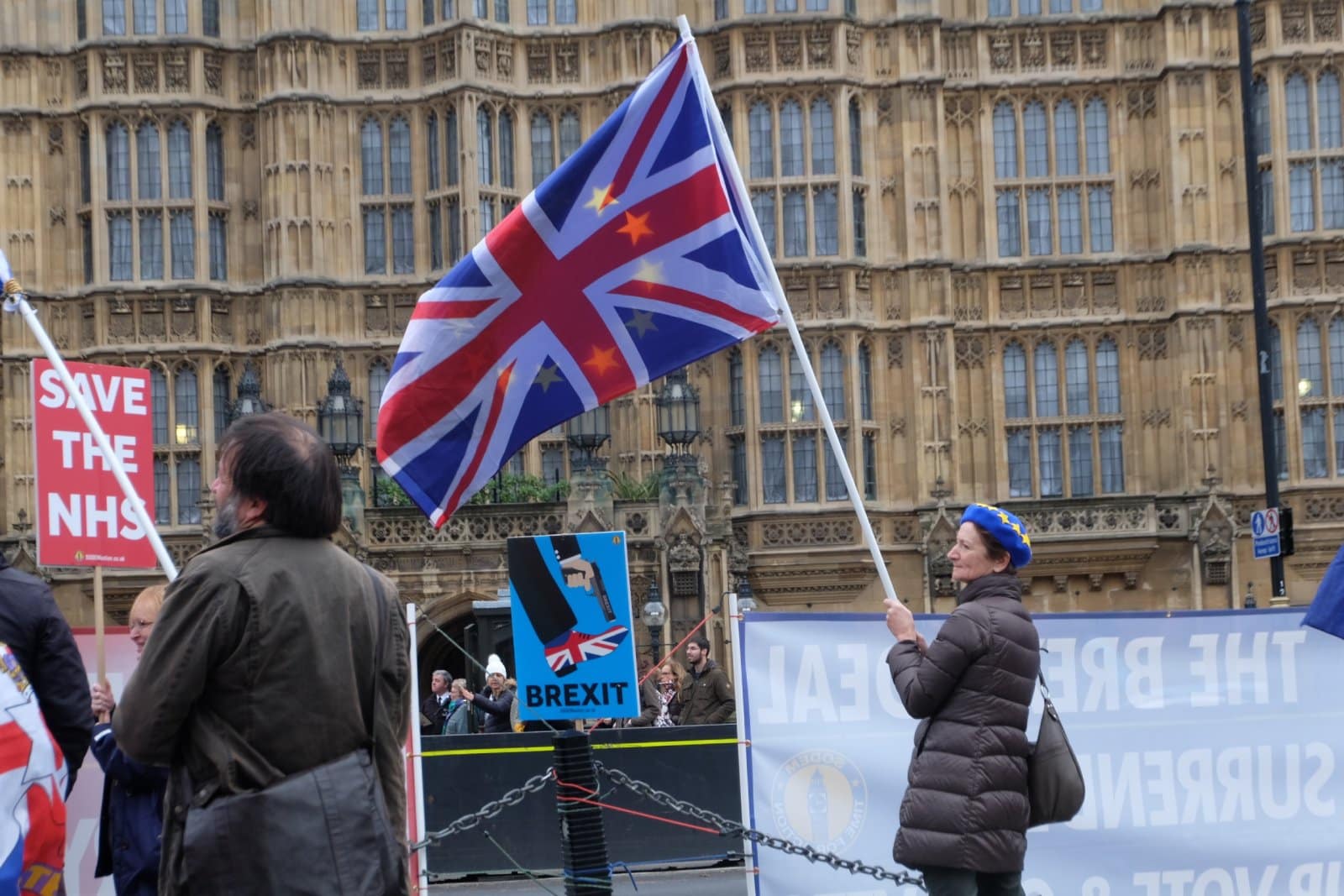
Analysis by Goldman Sachs shows that the U.K. economy grew 5% less than comparable economies post-Brexit. It cites reduced trade, lower business investment, and labour shortages due to lower immigration from the E.U.
Recent News Even Worse

The U.K. officially exited the E.U. on Jan 31, 2020. Since then, U.K. goods trade has underperformed other advanced economies by around 15%. The exit from the free market has had a significant impact on trade.
Government Pointing to Historic Data

Keen to snatch any good news, the government points out that the U.K. economy has grown faster than Germany, France, and Italy since 2010. While that may be true, for 10 of the 14 years since then, we have still benefited from being in the E.U.
More Recent Picture Less Rosy

Since the start of the coronavirus pandemic in early 2020, Britain’s economic performance has been the slowest of the G7 economies. The only exception is Germany, which is still likely to grow in the short term.
Productivity Stubbornly Low in the U.K.

One major concern for the government is the stubbornly low productivity data in the U.K. This has been an issue for years, and data shows we’re consistently lower than other G7 nations, with the exception of Italy.
Exact Reasons Unclear

Experts seldom agree specifically on the factors, but research by the Economist suggests that Britain invests less in technology, has more difficult access to funding and battles with a large skills gap in the workforce – all of which impact productivity.
All Results in Lower Wages
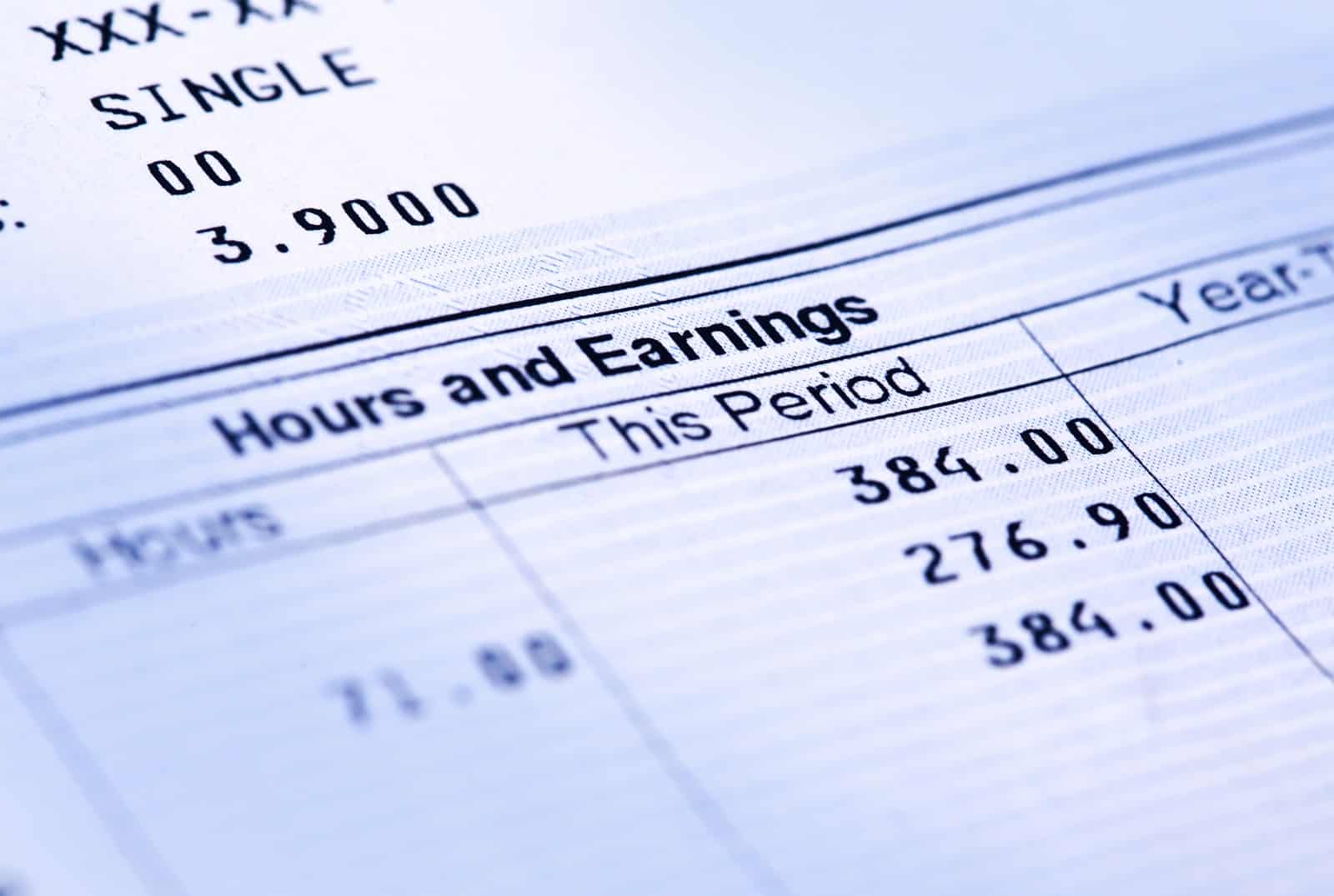
All of these factors converge on a single point – lower incomes for businesses and workers. The Resolution Foundation, the Centre for Economic Performance and the Nuffield Foundation published a report that showed the impact on incomes.
Income Data Startling

The report (published in December 2023) shows that “over the past 20 years, inflation-adjusted wage growth for British workers has lagged behind that of most other G7 nations. Middle-income people in Britain are 20% poorer than their peers in Germany and 9% poorer than those in France.”
Lower Incomes Mean Lower Tax Income

In real terms, lower incomes are bad for the government because it means reduced tax income. This causes problems both fiscally and politically. They can’t fund public services and offer tax breaks, which frustrates voters.
Fiscal Headroom a Vote Winner

The more income the government can rely on, the greater their fiscal headroom (gap between tax income and spending commitments). Some governments like to pay down national debt with a budget surplus. Others like to offer tax breaks.
Decisions Often About Timing

A budget surplus is a rare thing, so there’s not much of a data set to say what the government does with it. Generally speaking, the closer to an election, the more tax breaks are offered. Earlier in a parliament, the government might decide to pay down some debt.
So What Does the Incoming Government Have to do?

There’s a lot on the plate, but they all lead to one thing – grow the economy. When taken as a whole, a few obvious incentives should help…
Enable Smoother Trade

That could take several forms. One could be a better trade deal with the E.U. or rejoining the single market. Another could be speeding up the negotiation on trade deals with large economies or blocks. Either way, we need more trade.
Increase Business Investment

The government has to make the U.K. an attractive place to invest. Whether that’s by offering tax incentives, providing matched-funding grants to businesses, helping with salaries, etc, it doesn’t matter. We need more investment.
Stabilise Energy Prices
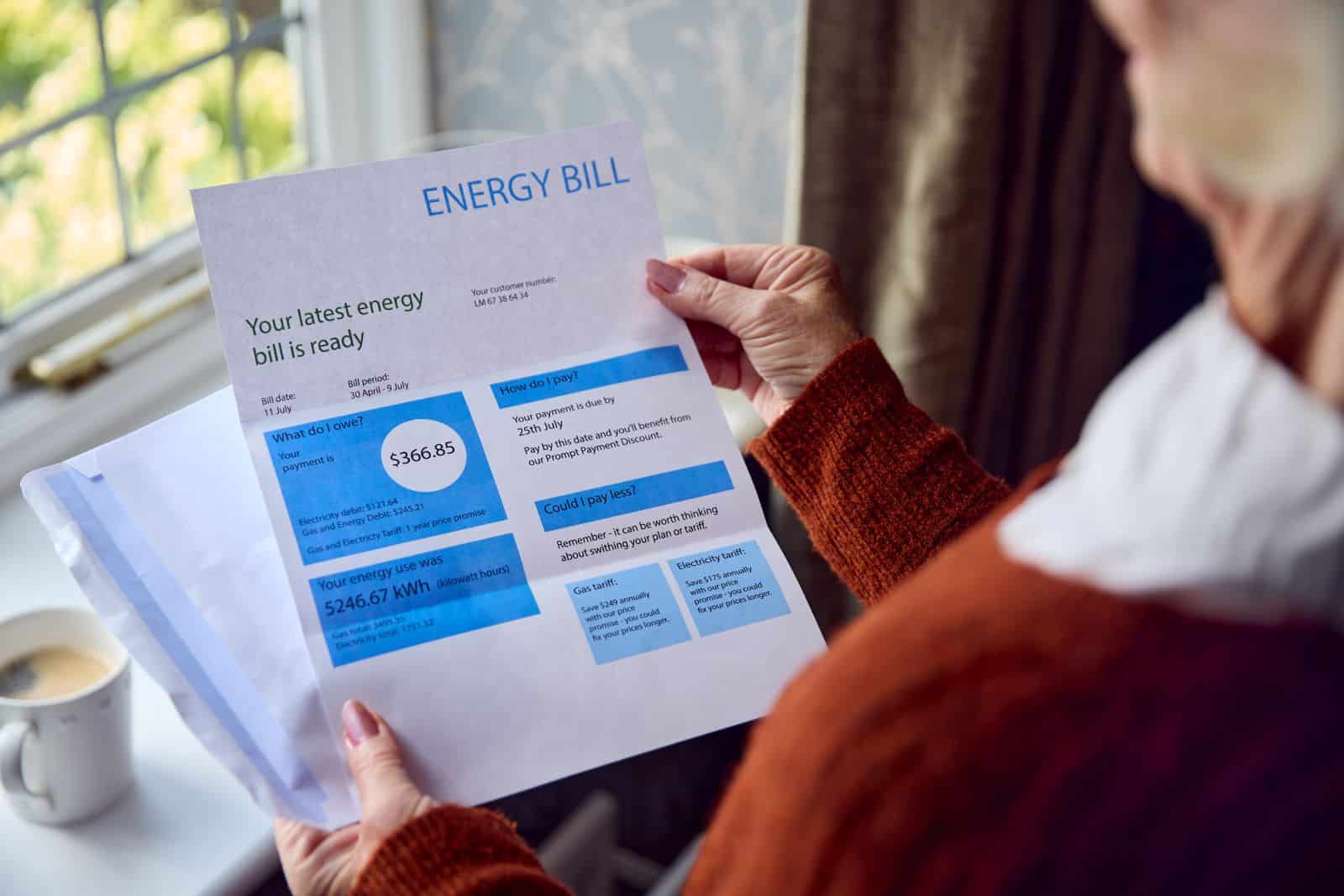
Utilities are often the biggest outgoing for many businesses outside of labour and sometimes materials. According to Red Flag Alert, “the huge increase in energy costs has proven to be the final straw for many businesses, even with the more generous Energy Relief Scheme. There were 22,109 insolvencies in 2022, which is the highest number since 2009”.
Address National Debt
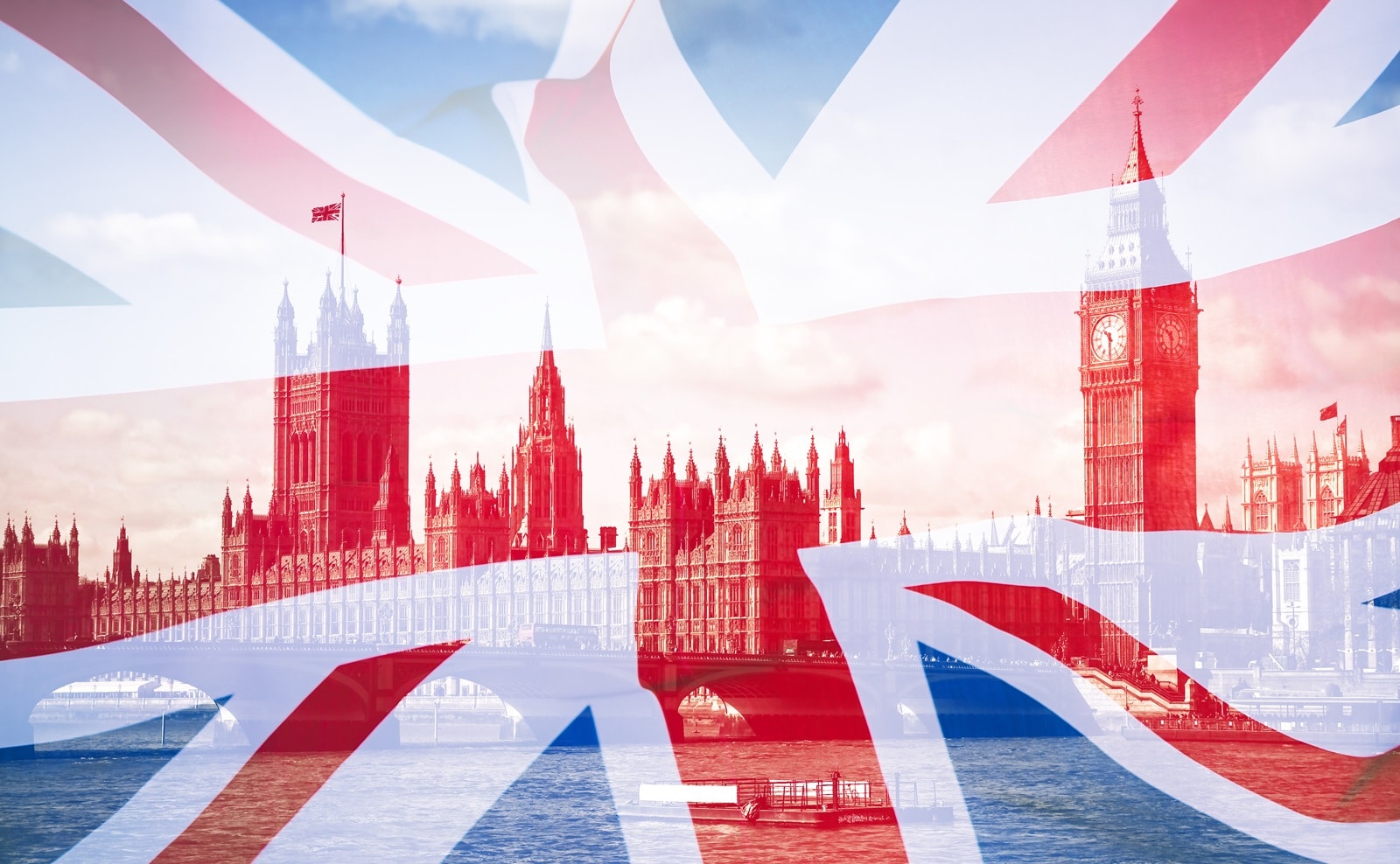
Although national debt isn’t the same issue as personal debt, reducing it would provide the government with some additional fiscal headroom. As the price of debt rises, cutting the debt makes budgetary sense.
Get Britain Working

Whilst immigration from the E.U. is lower than before, we have a labour shortfall. That needs to be addressed by encouraging more people to return to work or making the U.K. attractive to overseas workers.
Strong Economies Fix Many Ills.

All governments know an excellent economy solves many problems. When people are wealthier, they feel better. Tax incomes are higher, and public services are better. Grow the economy, and you’ll make yourself very popular.
More Articles Like This…
Broken Britain: 12 Reasons Behind the UK’s Decline
Say the Unsayable: 10 Occasions When Farage Spoke His Mind About Britain
The post Debt, High Taxes and Disorder: Just Some of the Problems Facing Election Winners first appeared on Edge Media.
Featured Image Credit: Shutterstock / BradleyStearn.

